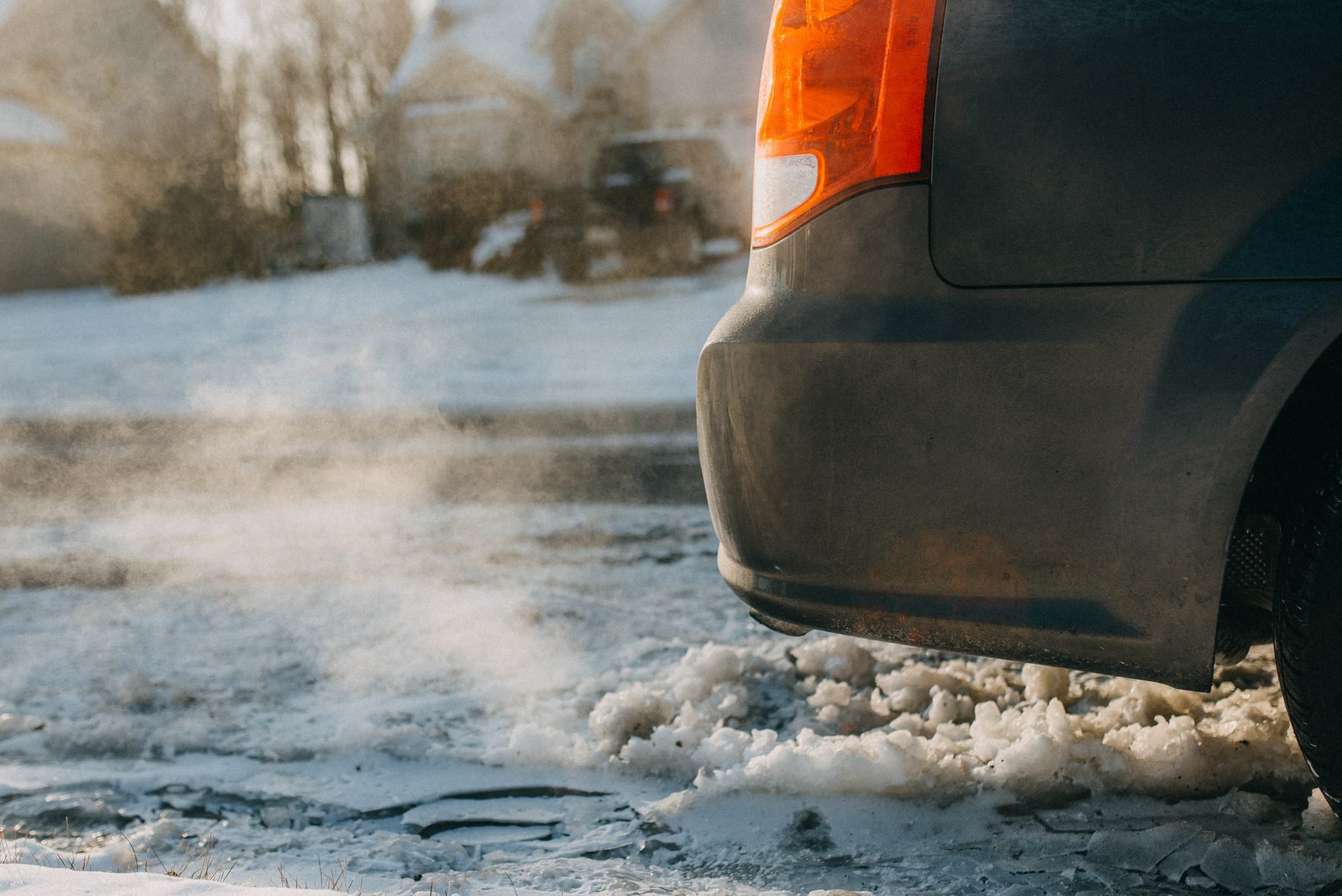
The next time you consider turning on your engine just to warm up your vehicle on a chilly winter day, perhaps reconsider. It might actually be against the law!
In 30 states along with the District of Columbia, legislation exists that forbids drivers from leaving their vehicles running unnecessarily, such as warming them up before starting the day’s journey. Furthermore, numerous municipalities and local governments also enforce comparable regulations designed to stop excessive vehicle idling.
Why Do We Have Anti-Idle Regulations?
These regulations aren't intended to add inconvenience to your chilly morning starts. Instead, their purpose is to curb air pollution. When vehicles idle, they emit toxic substances such as soot and gases including nitrogen dioxide, which can worsen conditions like asthma and allergies and increase risks for heart and lung ailments. Anyone who has resided in an area under air quality warnings or enveloped by dense layers of smog would likely understand the reasoning behind these anti-idling rules.
Automobiles and lorries are significant contributors to greenhouse gas emissions, exacerbating local issues like ozone depletion and smog, as well as playing a substantial role in global climate alteration. As reported by various sources, Environmental Protection Agency , each gallon of gasoline combusted releases approximately 20 pounds of greenhouse gases into the atmosphere.
Which States Have Regulations Prohibiting Engine idling?
It should be noted that both the regulations and their associated consequences vary significantly depending on location. In Washington, D.C., leaving your vehicle idling beyond three minutes might result in a penalty up to $5,000. However, in Pennsylvania, you're permitted to keep your engine running for up to 20 minutes provided the thermometer reads under 40 degrees. Below is a compilation of states implementing these anti-idling statutes: based on the information on the EPA’s website :
- Arizona
- California
- Colorado
- Connecticut
- Delaware
- District of Columbia
- Georgia
- Hawaii
- Idaho
- Illinois
- Kansas
- Maine
- Maryland
- Massachusetts
- Michigan
- Minnesota
- Missouri
- Nevada
- New Hampshire
- New Jersey
- New York
- North Carolina
- Ohio
- Oregon
- Pennsylvania
- Rhode Island
- South Carolina
- Texas
- Utah
- Vermont
- Virginia
- West Virginia
Since laws may differ across states and cities, it’s important to verify the specific statutes applicable in your locality.
But Isn't It Necessary to Warm Up Your Car During Winters?
In the past, when carburetors were common, it was beneficial to let the engine idle for several minutes before beginning your journey. However, this isn’t necessary with modern fuel-injected vehicles. Today, most cars require just around 30 seconds to distribute oil through the engine, which is roughly how long it takes to buckle your seatbelt and select your music playlist, as noted. JD Power .
The most effective method to heat up a vehicle is by driving it. Indeed, you might feel somewhat chilly initially, yet your car will become warmer more quickly, and both the heating system and defroster will function much better when the car is moving.
Idling Wastes Fuel
Not yet persuaded to skip warming up? Consider this: idling consumes gasoline. Actually, keeping an engine running for 10 seconds uses more fuel than switching it off and starting again. With gas prices only trending upward, it’s logical to conserve wherever possible.
Is Keeping the Engine Running Harmful to the Vehicle?
Idle time alone isn't harmful to your engine per se, yet it contributes to increased wear and tear. The cumulative effect of those stationary moments will lead you to require an earlier oil change as you spend more time idling.
Sources
- Environmental Protection Agency (EPA) Collection of State, County, and Local Anti-Idling Laws
- EPA greenhouse gas emissions associated with an average passenger car
- North Carolina’s Environmental Protection Agency “Why Is Letting Engines Idle Detrimental?”
- JD Power Do You Really Need to Warm Up Your Vehicle?
